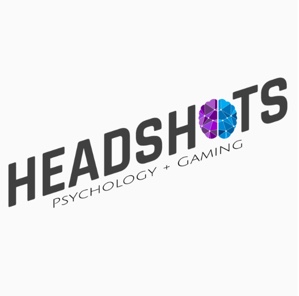Like psychology? How about gaming? Did you know that these two fields actually go together quite well? Find out how two people with strong backgrounds in both of these fields are putting their experience to work creating games that educate and that provide players with experiences that really help us understand more about mental health. In part 1 of this two part episode we talk about games and their application to psychology. I think you’re really going to enjoy it.
Resources on Games and Psychology Mentioned in this Episode
-
- Twine – a tool for creating interactive fiction





Anna Vagin, PhD
May 11, 2017Great interview – I use both table top and video games for social learning with students with ASD, ADHD, and 2e. I find them very useful for building resilience and exploring uncomfortable feelings. When we carefully put students who are often resistant and risk averse in situations where they are engaged and motivated to play a great game we have the opportunity to (1) help them recognize and manage their uncomfortable feelings, and (2) practice using tools and strategies in the moment. Love the cooperative games by Peaceable Kingdom, Kinect Sport video games, but many other games as well – my most recent find is Escape Zombie City by Queen games – soundtrack and 15 minute time limit. Really gets kids communicating and managing anxiety to succeed together!
Toby
May 11, 2017A bit interesting – not sure about the therapeutic use of distracting games that divert from the underlying issues but the ‘cast inspired a thought – a Therapy Time game that chimes the user to play at timed intervals, the way some chow pills on a schedule, and allows them to play for the release of dopamine, serotonin or whatever for their cognitive therapy (I don’t know if games can be designed to allow the user to release certain neurotransmitters while playing).